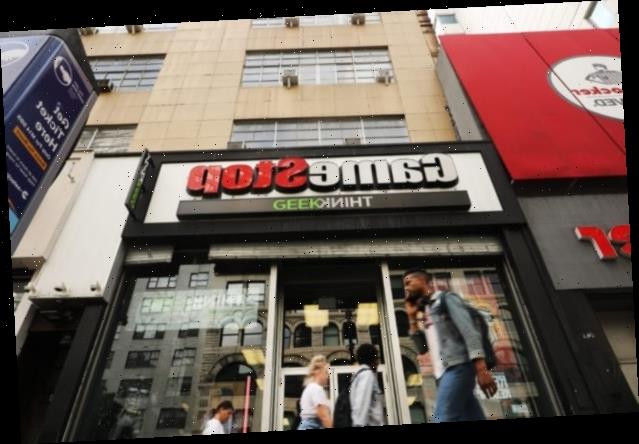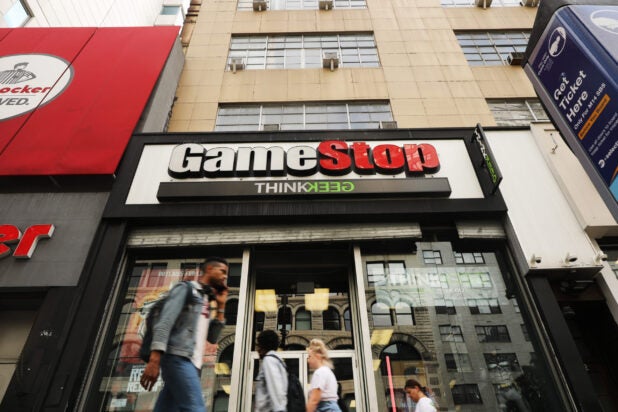Lawsuit comes as app users were blocked from trading popular “Reddit stocks” like AMC and GameStop
Getty
Robinhood was hit with a federal class-action lawsuit on Thursday, hours after the stock-trading app imposed stiff trading restrictions on companies like GameStop and AMC — a move that enraged many of the its users.
The lawsuit, filed in the Southern District of New York, ripped Robinhood for blocking users from buying GameStop (ticker symbol: GME) shares on Thursday. Robinhood, in a blog post earlier in the day, said it imposed the restrictions “in light of recent volatility” in the stock market.
“Robinhood purposefully, willfully, and knowingly removing the stock ‘GME’ from its trading platform in the midst of an unprecedented stock rise thereby deprived retail investors of the ability to invest in the open-market and manipulating the open-market,” the lawsuit said.
The lawsuit added: “Upon information and belief, Robinhood’s actions were done purposefully and knowingly to manipulate the market for the benefit of people and financial institutions who were not Robinhood’s customers.”
RobinHood did not respond to TheWrap’s request for comment on its trading restrictions or whether they’ll be lifted anytime soon.
Brendon Nelson, a Massachusetts resident, filed the lawsuit on behalf of all Robinhood users. The lawsuit said its aggregate claims “are in excess of $5 million” and requests a federal judge immediately force Robinhood to allow its users to trade GME shares again.
Robinhood’s decision came after GME shares had rocketed from $40 per share to $340 per share in less than a week. GameStop’s run was fueled by Wall Street Bets, a popular Reddit forum, which threw its collective support behind the company in an effort to drive a short squeeze. Other “Reddit stocks,” including AMC, Nokia and BlackBerry, were also blocked by Robinhood on Thursday, leading many users to cry foul on social media.
AMC shares, after quadrupling on Wednesday, were down 52% to $9.59 per share during midday trading on Thursday. GameStop shares were down 32% to $235 per share.
Source: Read Full Article

